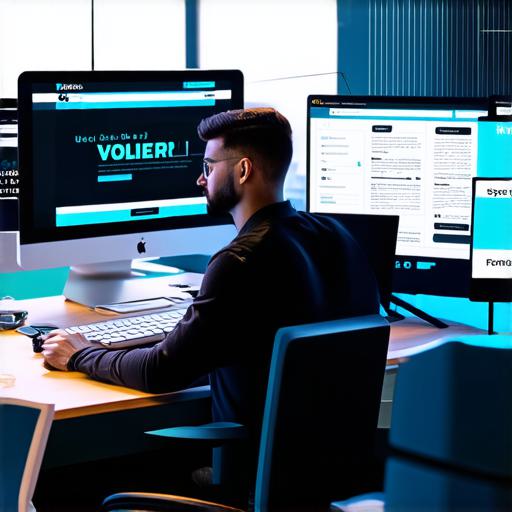In the dynamic world of web design, understanding your role is crucial. Here’s a concise yet comprehensive guide to the job duties and tasks that make up the responsibilities of a web designer.
The Grand Stage: Your Canvas
As a web designer, you are an artist painting on the grand stage of the digital world. Your canvas is the website, and your tools are design principles, coding languages, and a keen eye for aesthetics.
Designing with Purpose: The User Experience (UX) Focus
Your primary responsibility lies in creating an intuitive and engaging user experience (UX). This involves understanding user needs, preferences, and behaviors to craft interfaces that are not only visually appealing but also easy to navigate.
The Symphony of Design and Development
Collaboration with developers is a harmonious symphony. You provide the design, they bring it to life. Your designs should be functional, scalable, and adaptable across various devices and screen sizes.
Content is King: The Role of Typography and Imagery
Typography and imagery are your tools for storytelling. They must be used strategically to guide the user’s eye, convey emotions, and reinforce brand identity. Remember, content is king, so make it readable, accessible, and meaningful.
The Art of Balance: Designing for Accessibility
Accessibility is not an option; it’s a necessity. Your designs must cater to all users, including those with disabilities. This means using high-contrast colors, clear typography, and alt text for images.
Testing Times: Quality Assurance and Iteration

Quality assurance is your final check before launch. Testing ensures that your design works flawlessly across different browsers, devices, and screen sizes. It’s also a chance to iterate and improve based on user feedback.
The Journey Never Ends: Continuous Learning
Web design is an ever-evolving field. To stay relevant, continuous learning is essential. Keep up with the latest trends, technologies, and best practices to ensure your designs remain fresh and effective.


